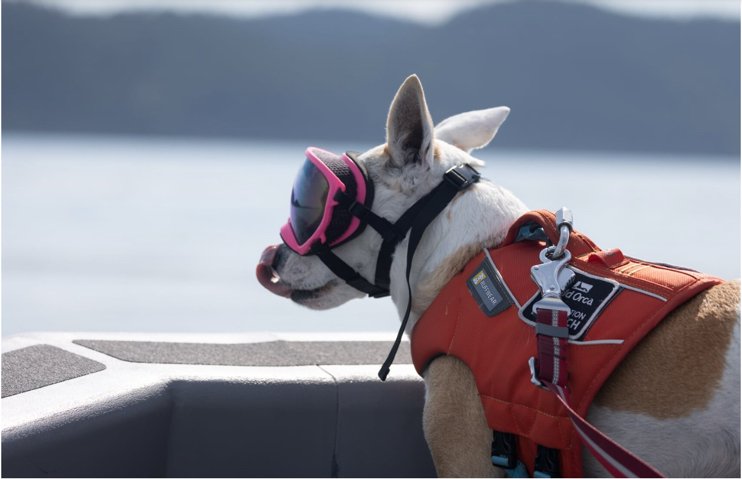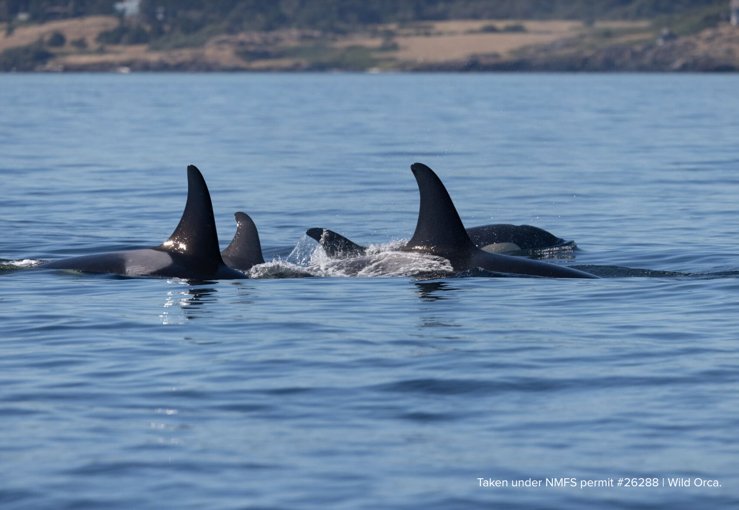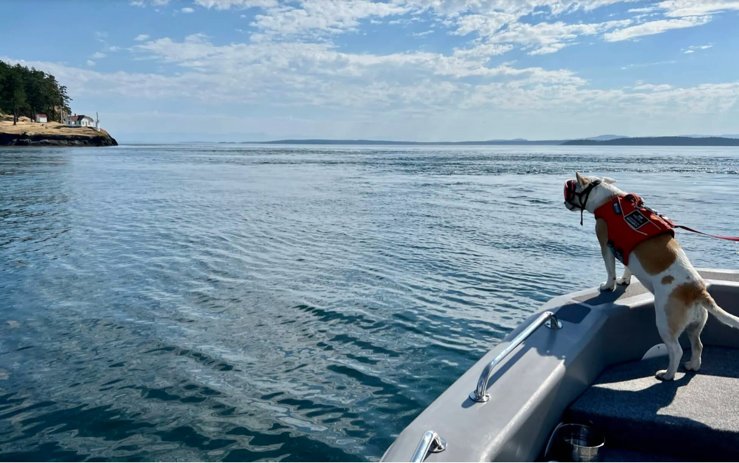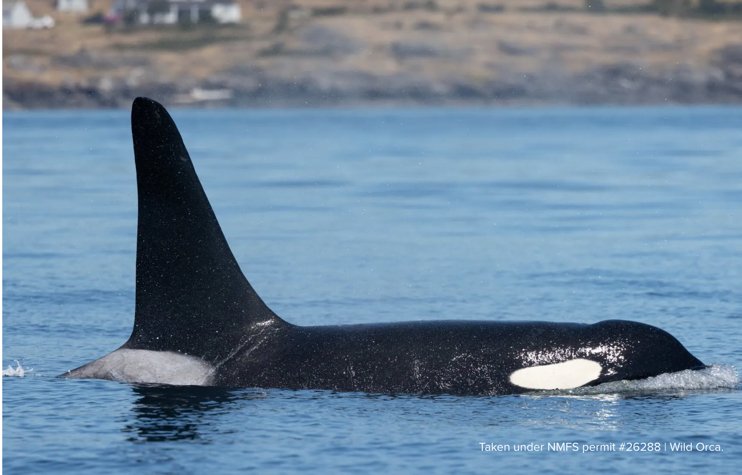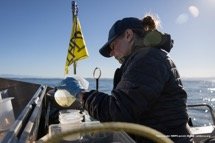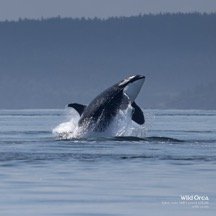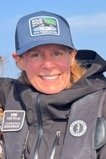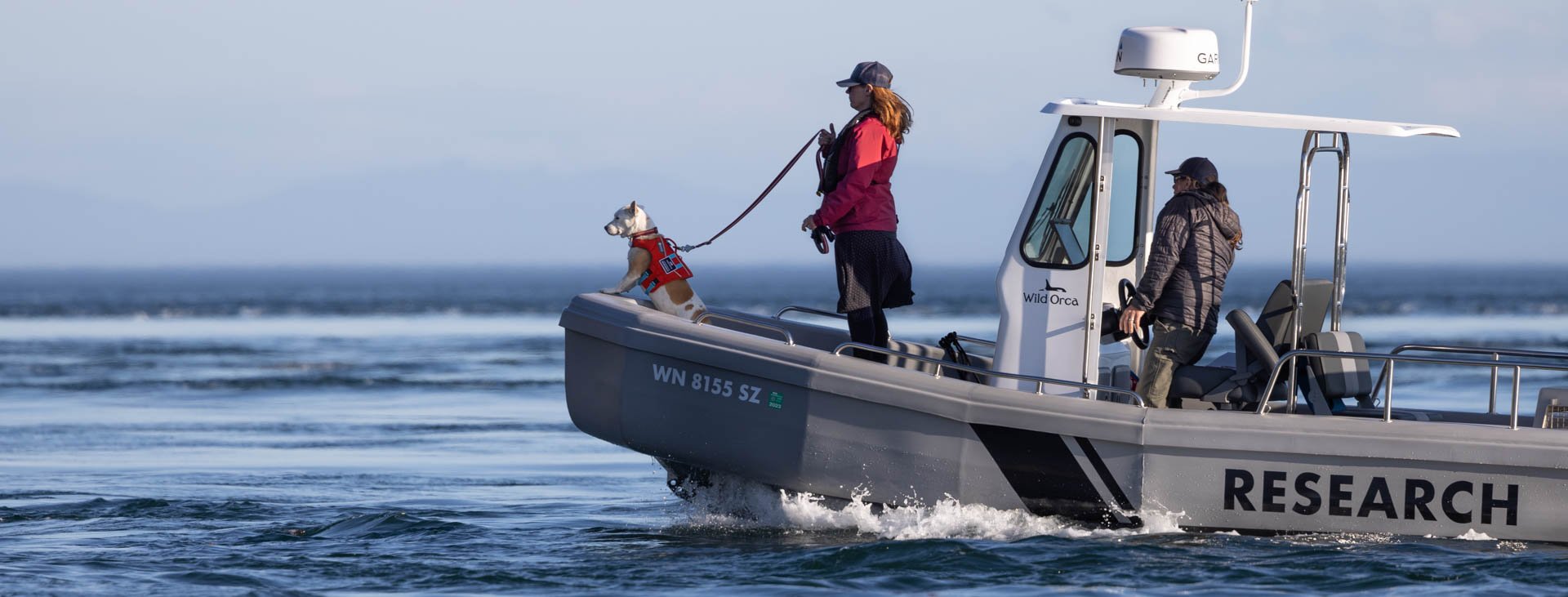The Southern Resident killer whales are one of the most studied and well-known endangered species on the planet, yet efforts to save them have been largely unsuccessful. How can research be translated into meaningful policy or action to guide their recovery to reverse the declining trend in the population? In the acclaimed PBS 2022 documentary, The Lost Salmon, Dr. Deborah (“Giles”) Giles, Research Director for Wild Orca, underscored the correlation between the health of the salmon population and the Southern Resident killer whale population.
In this talk, Dr. Giles brought new dimensions and understanding to both the plight of this celebrated, endangered group of cetaceans and the way forward to their recovery. In the Q&A session following her presentation, she was joined by “The Lost Salmon” filmmaker, Shane Anderson.
This free event was open to the public. Registration was required. A suggested donation of $10 per participant is encouraged and greatly appreciated. Donations help cover webinar costs and support our education and cetacean research grant programs.
ABOUT DR. DEBORAH GILES
After completing her undergraduate degree, Deborah Giles became a research assistant and began graduate study, specializing in conservation biology and whale behavior, focused primarily on the Southern Resident killer whales. Completing her degree in just 3 years, she pushed on with a Ph.D., all while working as a research scientist with NOAA, and the Center for Conservation Biology at the University of Washington. Today, she is one of only a handful of scientists to have focused almost exclusively on this endangered population, making her a leading expert on these whales. She’s an invaluable resource, acting in advisory positions for conservation groups in her island community, as well as state and local government.
Giles’ lifework is multifaceted: a lot of her time is spent on the water, observing the whales’ behavior, and improving non-invasive health monitoring techniques. Off the water, she’s a tireless vocal advocate, testifying at hearings, and public meetings, or acting as an expert witness in a lawsuit: whatever can affect change for these whales, whom she views as “better versions of ourselves.”
Biography courtesy of Wild Orca
